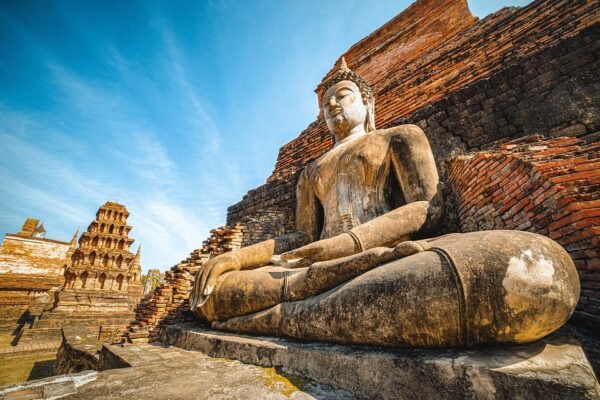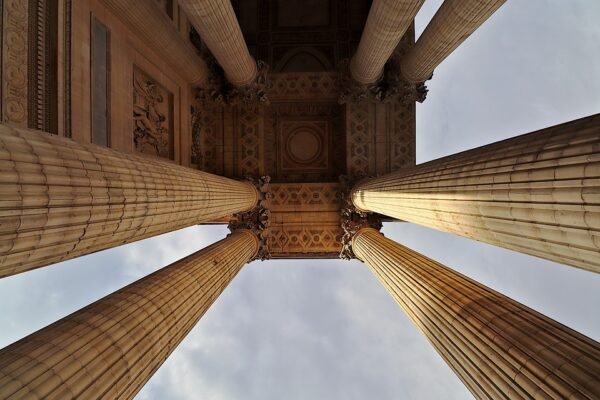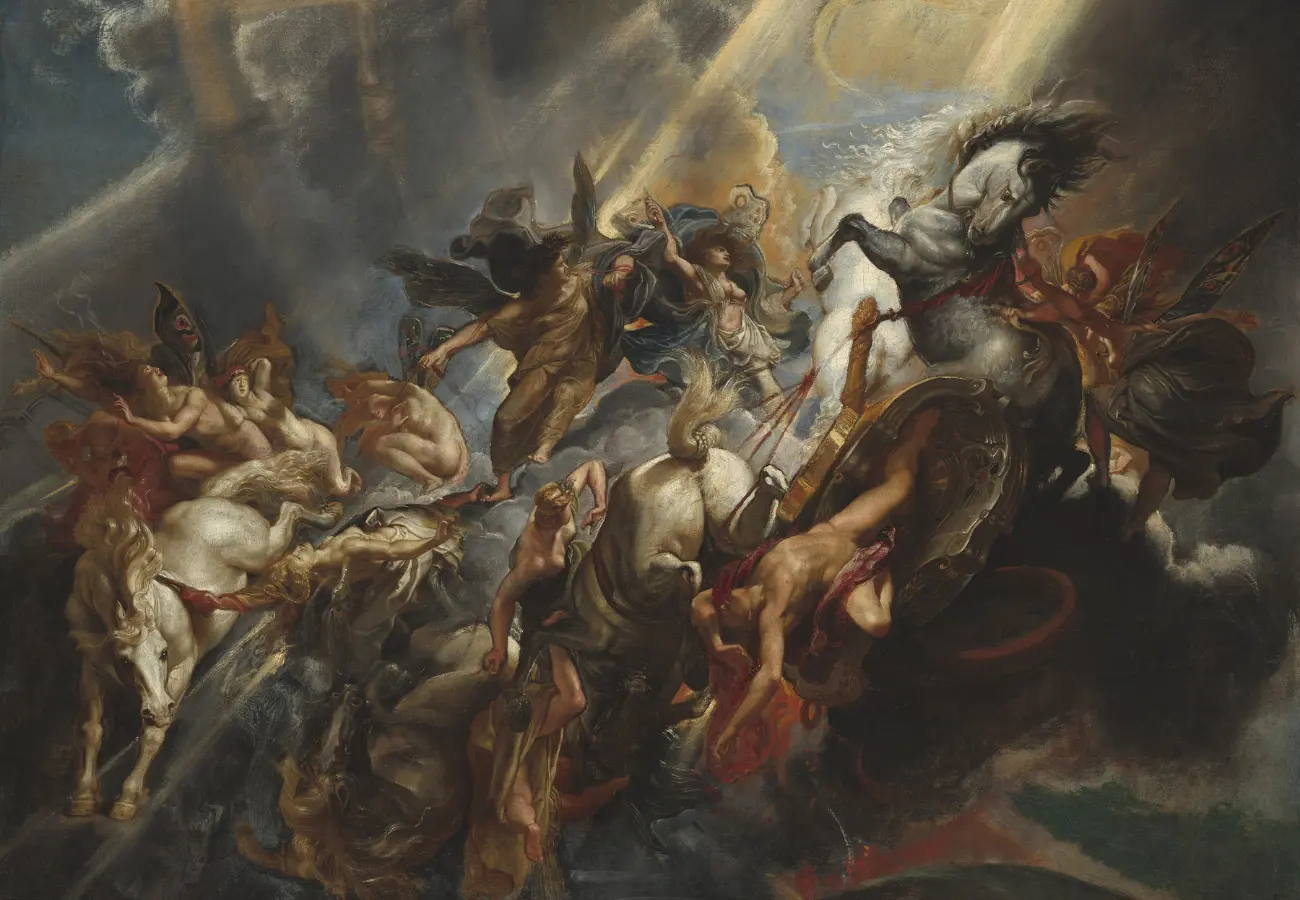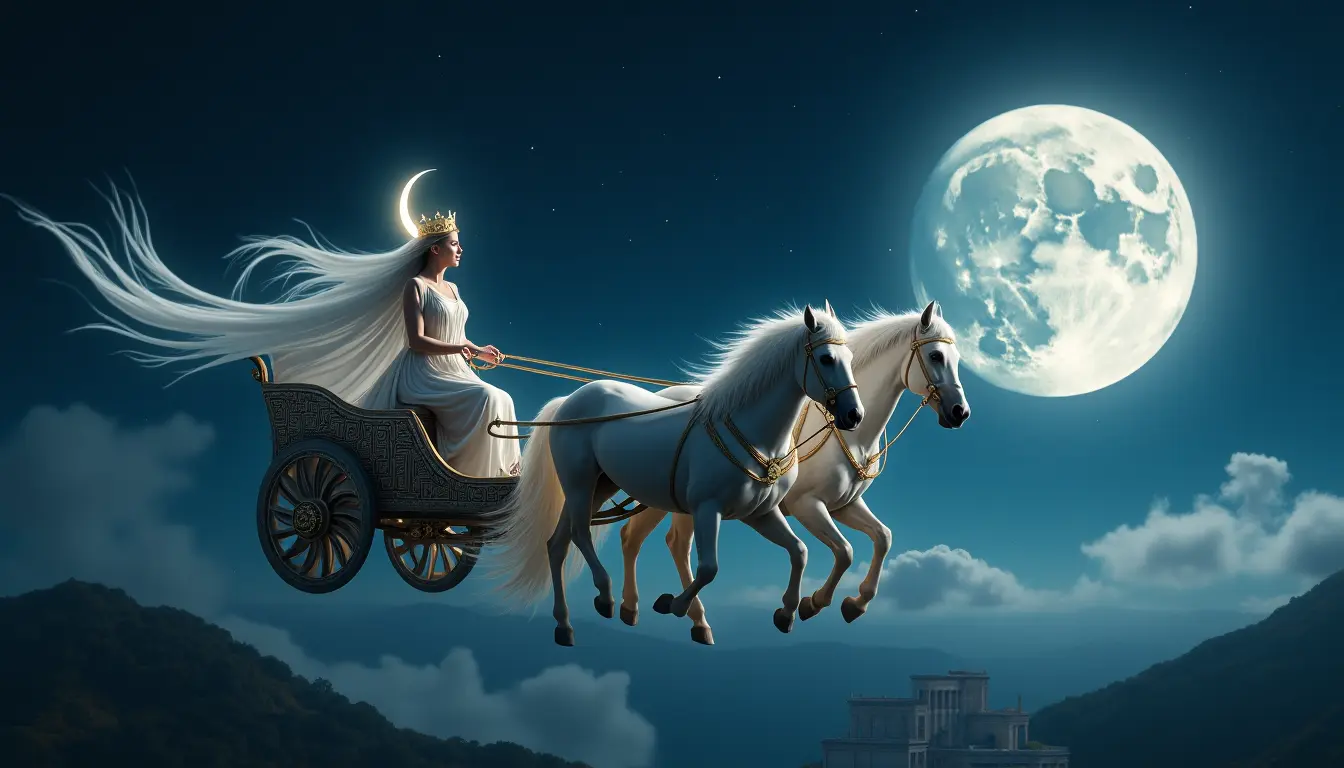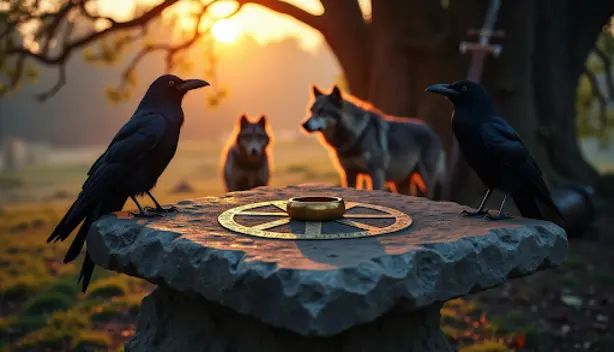
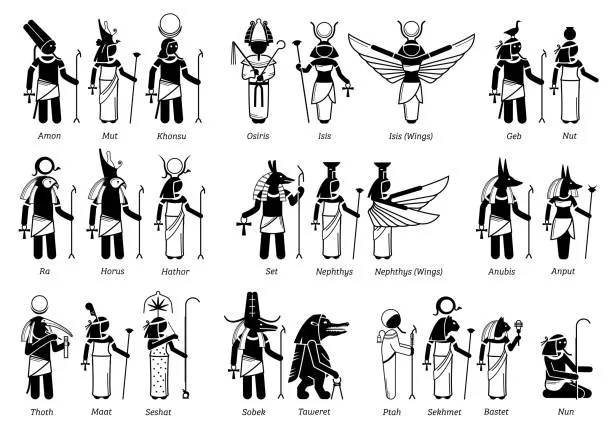
Epic Clash for ultimate Supremacy – Retro Timeline
Ancient civilizations and their mythologies have intrigued humanity for centuries, with Egyptian and Greek mythologies standing out as prominent examples. These mythologies are steeped in rich tales of powerful deities and epic adventures that have captured the imagination of people through the ages.
The allure of ancient civilizations and their mythologies transcends time, offering insights into the beliefs, values, and imaginations of our ancestors. Egyptian mythology, with its ties to the Nile River and the rule of the Pharaohs, transports us to a world of mysticism and wonder where gods hold immense power and demand reverence from mortals.
On the other hand, Greek mythology emerges from the works of renowned poets like Hesiod and Homer, weaving captivating narratives of gods and heroes with intriguing complexity. Greek gods exhibit formidable abilities that shape their interactions with mortals and fellow deities, creating a tapestry of divine intricacies.
The concept of a mythical war between the Greek gods and Egyptian gods sparks the imagination, raising questions about how these powerful deities would match up against each other in a battle for ultimate supremacy. Would the combined forces of Zeus, Poseidon, and their Greek counterparts prevail against the might of Ra, Osiris, and the Egyptian gods?
As we delve into the intricacies of this mythical war, we explore the contrasting characteristics of the Egyptian and Greek gods, unlocking the secrets of their mythologies and shedding light on their divine dynamics.
Comparing Egyptian and Greek gods reveals stark differences in their nature and characteristics. Egyptian gods are often depicted as embodying specific concepts and natural elements, such as Ra symbolizing the life-giving force of the sun and Osiris representing the cycle of life, death, and rebirth. In contrast, Greek gods exhibit more human-like behaviors and emotions, reflecting the complexities of human nature, with Zeus embodying authority and Athena symbolizing wisdom.
The concept of divine hierarchy plays a significant role in both pantheons, shaping the interactions among the gods. Egyptian mythology features a rigid structure with a clear order of power and authority, while Greek mythology presents a more dynamic hierarchy with power struggles and conflicts influencing divine interactions.
Examining the domains and abilities of major gods from both mythologies further highlights the contrasts between Egyptian and Greek gods. Egyptian gods preside over specific aspects of life and nature, each deity assigned a distinct domain like Thoth governing writing and wisdom. In contrast, Greek gods display a wider range of domains, with Zeus controlling the skies, Poseidon ruling the seas, and Apollo governing music and healing.
The clash of titans in epic battles between Egyptian and Greek gods shapes the power balance between these pantheons, with legendary confrontations like Zeus versus Ra and Athena versus Horus having profound implications for the celestial realms they govern. These battles reveal the struggle for dominance among deities and the fragility of divine hierarchies, reflecting timeless stories that have influenced human imagination and culture.
The enduring influence of Egyptian and Greek mythologies is evident in art, literature, and popular culture, with these ancient tales serving as wellsprings of inspiration for countless civilizations that followed. From temple carvings in Egypt to statues in Greece, these mythologies have provided rich subject matter for artists across centuries, immortalizing the gods and goddesses in masterpieces that continue to inspire contemporary art.
In literature, epic poems like the Iliad and the Odyssey have become foundational texts in Western literature, showcasing the hero’s journey, moral dilemmas, and divine interventions that resonate with readers even today. In popular culture, films, novels, and video games continue to draw inspiration from Egyptian and Greek mythologies, exploring timeless themes of love, power, destiny, and the human condition.
The clash between Egyptian and Greek gods serves as a metaphorical battleground, reflecting the eternal struggle between different belief systems, cultures, and ideologies. Embracing the allure of these ancient mythologies connects us with our shared human heritage and unlocks the mysteries of the divine, inviting us to explore the eternal struggle for supremacy that continues to captivate our imagination.
In conclusion, the clash between Egyptian gods and Greek gods unveils a captivating narrative that delves into the nature, hierarchies, and influence of these ancient deities. Through epic battles and enduring legacies, the clash of pantheons resonates with universal themes and rich symbolism that continue to shape our understanding of the mythological world. As we continue to explore these ancient mythologies, we deepen our appreciation for the timeless tales of gods and heroes that have inspired and captivated humanity for centuries.


